Taking the 'TRAUMA' out of life and putting it into your career!
By Niel Kang
Consultant Trauma and Orthopaedic Surgeon, Cambridge University Hospitals
Everyone's journey is different, and it's important to be patient and kind to yourself as you navigate life's ups and downs, so buckle up and enjoy the ride!
T is for Training:
As a T&O surgical trainer I have learnt that we need more than just technical skills and knowledge and wish that I had access to the non-technical skills currently available, which are valid in life, far beyond T&O surgery.
It is only as a consultant that I realised that my learning preference is as a tactile/kinaesthetic learner (see https://vark-learn.com/ if you do not already know what your learning preference is.) The BOA recognise this and have initiated a video resource.
Other resources that I wish existed when I was training, include: www.vumedi.com/orthopaedics and www.bomsa.org.uk.
Seek out opportunities to train with experienced surgeons, both locally and globally with electives and fellowships at any point in your career, from medical student, right through to when you are a consultant (please see all the bursaries available from the BOA). The World is your Orthopaedic Oyster!
R is for Respect and Reflect:
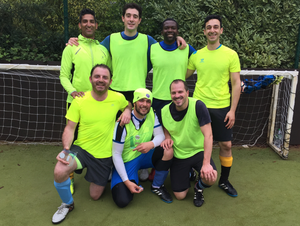
Career Champions = Fracture United
Each generation believes that they have worked harder or had less opportunity than their successors. The reality is that no matter how high you have risen or much you have achieved, it is the help and support of multiple people and teams, that has helped you achieve. For the best outcomes for your patients and your team’s wellbeing it is paramount that you respect everyone’s contribution.
Reflect on the way you talk to people as incivility is contagious and results in significantly worse performance, for those directly affected, as well as bystanders: www.civilitysaveslives.com/our-message.
A is for Allyship & Advocating:
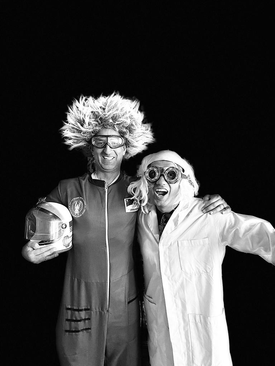
Go Back 2 the Future 2 Unleash the Real You!
Hailing from an ethnic minority background and growing up as 'Corner shop Kang', allyship is an important concept for me within T&O surgery, as it involves supporting and advocating for underrepresented groups. There are numerous groups within orthopaedics that you can join for free, such as International Orthopaedic Diversity Alliance or Pride in Surgery Forum.
By acting as an ally, we can help to address bias and discrimination, as well as supporting underrepresented groups, acting as role models, work to promote diversity and inclusion in the field, and advocate for change.
U is for Understanding and Uniting:
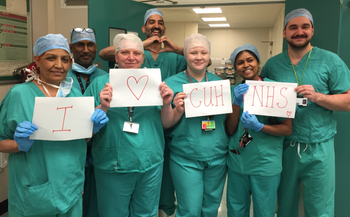
Teamwork makes the dreamwork!
Understanding oneself and others is crucial for success in T&O surgery, as it helps us to build strong relationships with our patients, and other healthcare professionals. Self-awareness allows us to understand our strengths and weaknesses, then to leverage these strengths, whilst working on our weaknesses. The self-assessment tool from the NHS Leadership Academy can help with this.
Orthopaedic surgery often involves uniting and working in a larger healthcare team, so having empathy and understanding others is essential, facilitating collaborative work, and achieving shared goals: www.discprofile.com/what-is-disc.
M is for Mentorship:
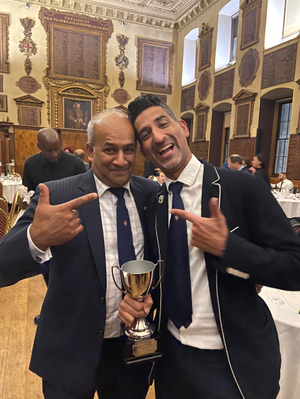
T&O Mentors
Mentorship has been a critical aspect of my professional development as a T&O surgeon. Mentors have helped me develop new skills and refine existing ones, providing guidance on surgical techniques, patient care and support on career development, such as applying for a position on the BOA Education and Careers Committee!
A great example of an organised T&O mentoring scheme for medical students can be found at: https://stanmorerotation.co.uk/mentorship-scheme.
Perhaps you might be inspired to set up one with your local training programme?
Mentors have provided networking opportunities and serve as positive role models, demonstrating how to balance successful careers with fulfilling personal lives, manage stress and burnout, and maintain a positive outlook.
At various points throughout my career, I have felt like an impostor and then at other less frequent times like Icarus… Mentors have helped give me wings and yet fly closer to the ground: https://impostorsyndrome.com.
A is also for Adaptability and Agility:
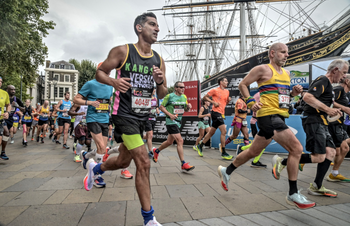
Kangsta Versus Arthritis
Adaptability is a key trait for orthopaedic surgeons, as it allows us to respond effectively to changes and challenges in our work environment.
Within the trauma environment of orthopaedics, especially, we must be agile, both mentally and physically, to deal with the fast pace of seriously injured patients. We must remain calm under pressure and adapt to rapidly changing situations. Decisions and Incisions! This needs a willingness to learn and keep up with the latest developments in the field in effect, not being afraid to go out of your 'comfort zone' and possessing a 'growth mindset':
www.mindtools.com/asbakxx/dwecks-fixed-and-growth-mindsets.
www.mindtools.com/a0bop9z/the-learning-zone-model.
Being a T&O surgeon is fun and with a few of the cheat codes above and so many more easily accessible, you can overcome any obstacles along the way and reach the T&O endgame (I’m still playing..) The harder I practice, the luckier I get…
